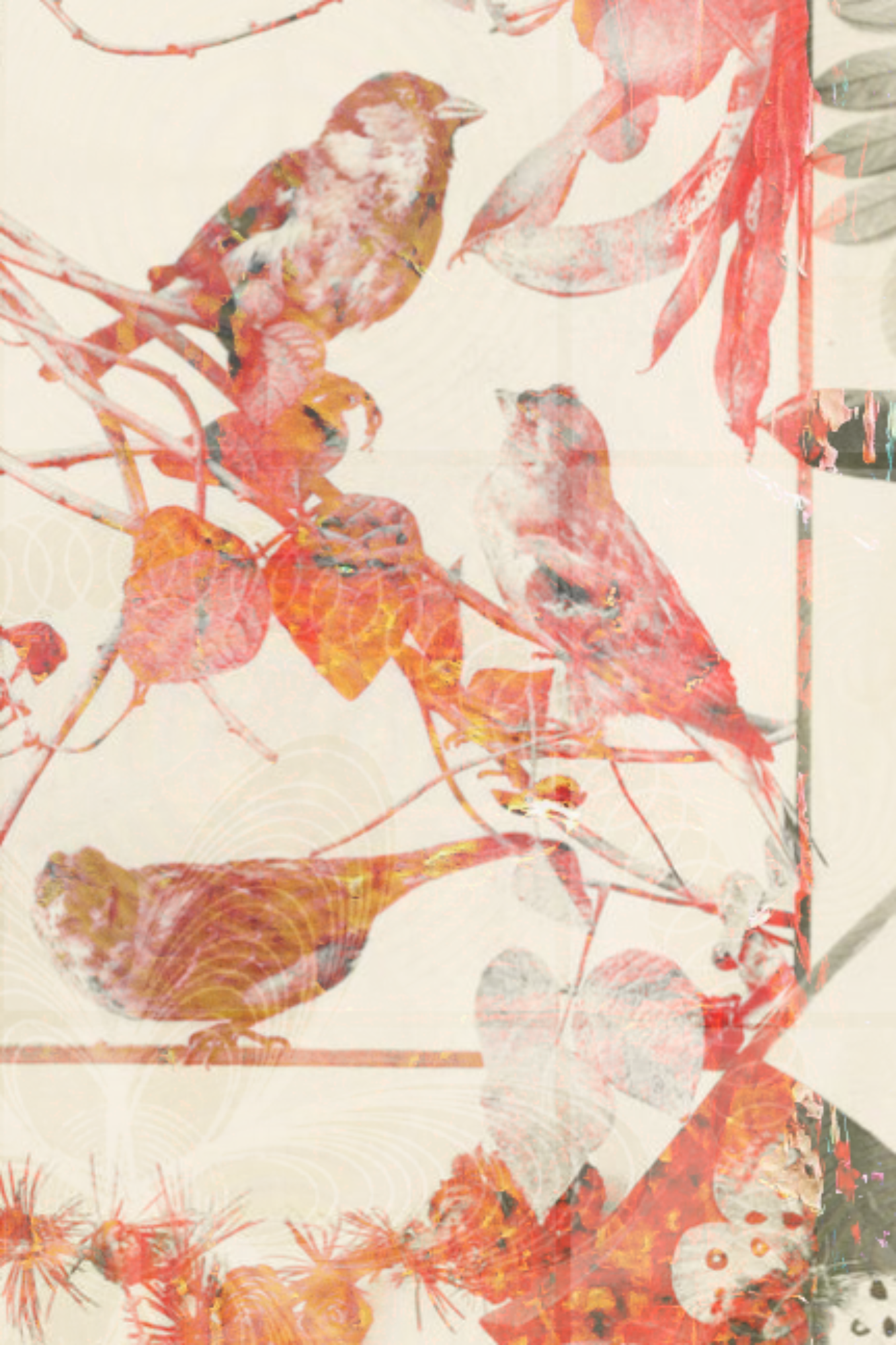How do you push through creative blocks?
Whenever I was faced with creative blocks, it was very frustrating and brought up other unpleasant feelings, such as feeling unproductive and being not “enough” as an artist/writer. However, I came to learn that the situation is like having a lighter that’s run out of fluid: you need to refill it to see the spark again. Writing-wise, sometimes I need longer breaks, which I spend making informal notes and reading works that I enjoy, or browsing my commonplace book which is engineered to inspire. Sometimes, I step back from the medium altogether to focus on something else; as I believe all art forms are interconnected, dabbling in other mediums can still refill that lighter and give you the break you need to return to your craft with brighter eyes.
What tips would you give someone taking their first steps in creative work? What did you need to hear when you were getting started?
My biggest one: save everything. You will want to see how far you’ve come, and as a wonderful professor, Dr. Whiteside, once told me: “There’s no such a thing as a dead document.” Even if you aren’t happy with the work anymore, you can always salvage something and give it new life: an idea, a line, a character. Beyond that, your work will carry of piece of you from each point of your life and becomes a scrapbook of sorts that’s worth revisiting.
My second biggest one: do it for yourself, first. When you love what you do, keep that love and go far with it. Maybe it isn’t very popular or mainstream, or maybe it is—as long as it is something you can authentically put yourself into, it will take you further in your creative journey, connect you to new ideas and opportunities, and become a place of expression you can always return to.
Are any movies, music, books, or poetry collections (or any media at all, really) particularly inspiring to you?
Anything by Ray Bradbury, but especially his short stories and essays. His essay collection Zen in the Art of Writing is among my favorites (aside from The October Country and I Sing the Body Electric!)—with just the right mix of his unforgettable writing voice and encouraging messages about creating. It makes even the toughest projects seem right within reach.
Give us some background on the piece you contributed to this issue.
The setting in “This Little Bit’a Life” is based on a personal road trip from Dulles Airport. A Denny’s in Virginia was the first restaurant I visited after coming back home to the U.S. after living overseas. Because so much had changed while I was gone, everything seemed incredibly new. It was like being on a trip somewhere completely unfamiliar, despite being “home”—a feeling, I think, that is reminiscent of stepping out of the world you knew as a kid and into another, a last exit before “real” adulthood (hence the narrator being a college freshman). Considering my own somewhat-strange reason for being in that Denny’s, it made me think about the other visitors there and also the staff; how different and unbelievable each of our lives are, and how I would never know just how deep they go. I could only sit and drink ice-watered Coke and make up stories.
Safiyya “Saff” Bintali is a writer, researcher, and children’s illustrator. Her work has been featured in Drip, Bridge Eight Press, and Beyond Thought, among others. Also an educator, Safiyya has taught high school English and has completed a creative residency with Tiny Spoon literary magazine in Fall 2022, which featured a comprehensive study of adaptation and a workshop culminating in participants’ own “intermedium translations.” In her free time, she enjoys video games, reading (especially comics and thrillers), and hiking.

